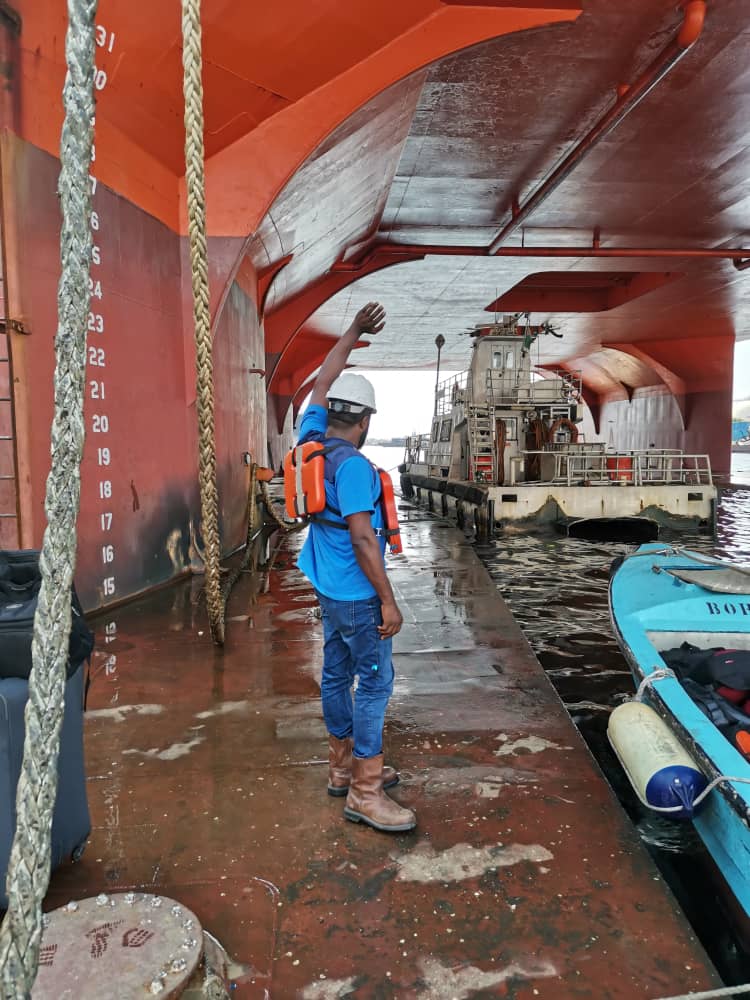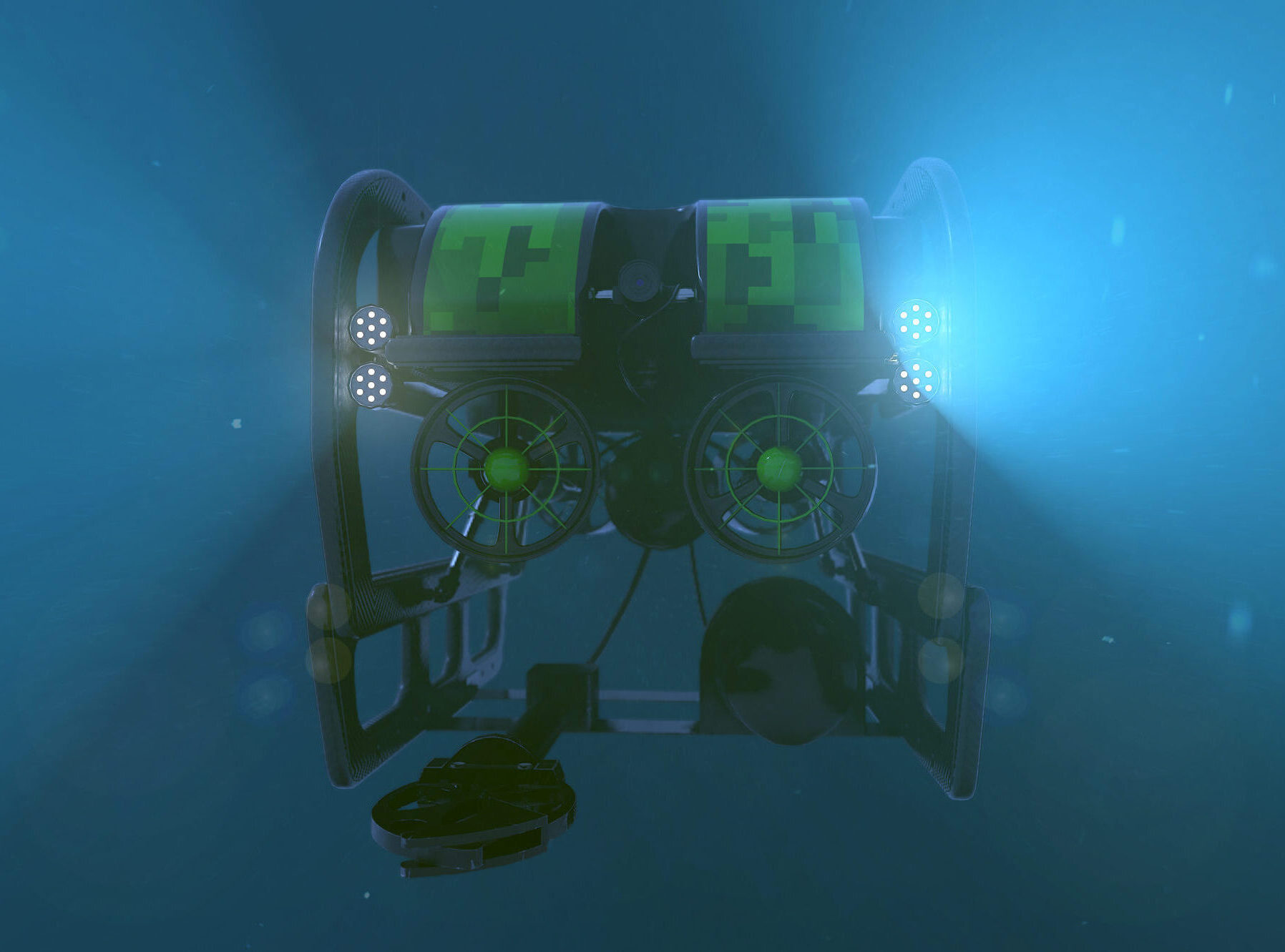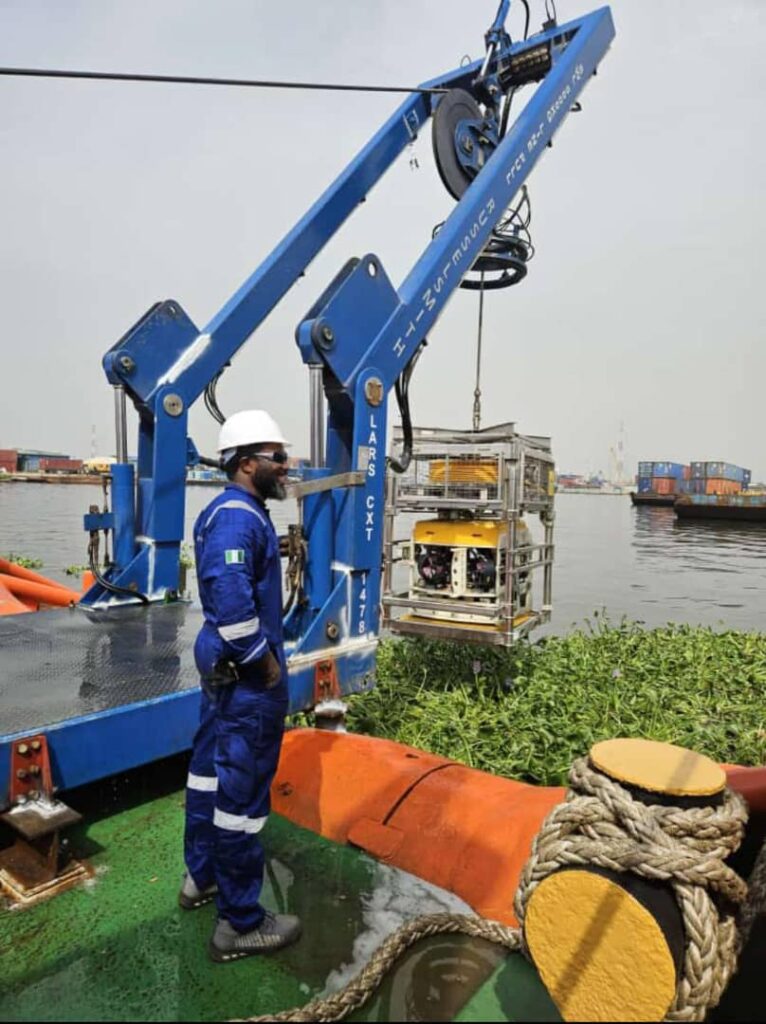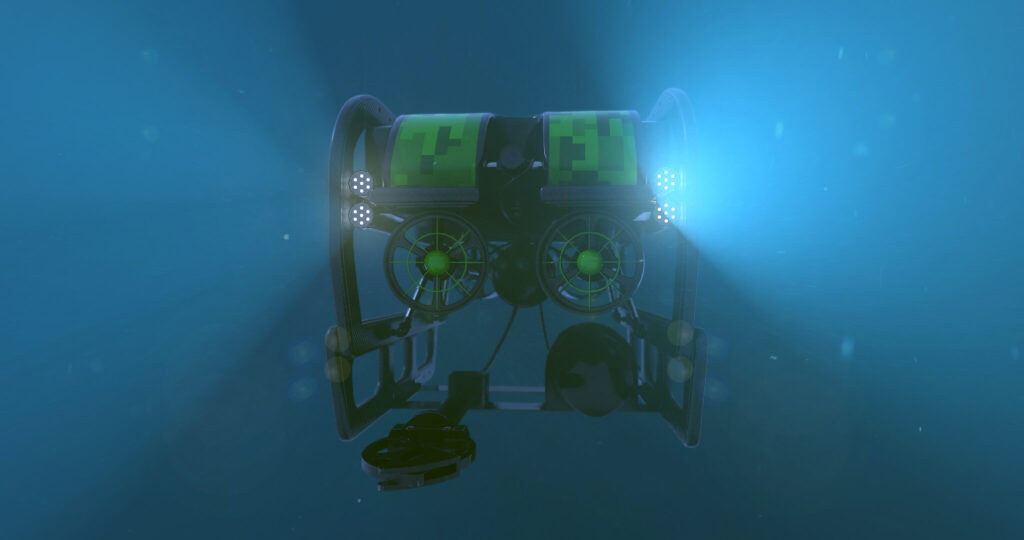Remotely Operated Vehicles (ROVs) have revolutionized the way marine operations are conducted, providing unparalleled capabilities for underwater exploration, inspection, and maintenance. These sophisticated machines have become indispensable tools in the marine industry, offering a safer, more efficient, and cost-effective alternative to traditional diving methods.
This blog post delves into the significance of ROV services in modern marine operations, exploring their various applications, benefits, and prospects.

What are ROVs?
ROVs, or Remotely Operated Vehicles, are uncrewed, highly maneuverable underwater robots operated by a person on the surface.
They are equipped with cameras, sensors, and tools to perform a variety of tasks in underwater environments. ROVs are connected to the surface by a tether, which transmits commands and receives data.
Applications of ROVs in Marine Operations
ROVs are used in a variety of maritime industries, including oil and gas, renewable energy, marine research, and defence. Here are a few significant applications:
Oil and Gas Industry
ROVs are essential in the exploration and production stages of the oil and gas industry. They are used for the following purposes:
- Inspection and Maintenance: ROVs are used for inspecting undersea pipelines, platforms, and subsea constructions. They can identify corrosion, cracks, and other issues, ensuring the reliability of these systems.
- Installation Assistance: Remotely operated vehicles (ROVs) offer engineers real-time visual feedback during subsea equipment installation, which aids in precisely positioning and securing components.
- Drilling Support: By supplying vital information about the underwater environment and the drill site, remotely operated vehicles (ROVs) monitor and assist with drilling operations.
Renewable Energy
In the renewable energy sector, particularly in offshore wind farms, ROVs are essential for:
- Turbine Inspection: Remote underwater vehicles (ROVs) examine wind turbine underwater structures to verify their stability and operational efficiency.
- Cable Laying: When connecting offshore turbines to the grid, they help install and maintain underwater power connections.
Marine Research
Because ROVs eliminate the hazards involved in human diving, scientists may now explore and study underwater habitats, greatly advancing marine science. They are employed in:
- Deep-Sea Exploration: ROVs make it possible to explore deep-sea ecosystems because they can descend to depths that are inaccessible to human divers.
- Sample Collection: Rocks, sediments, and marine life can all be sampled by ROVs outfitted with specialised equipment for examination by scientists.
Defense and Security
ROVs are utilised in the defence industry for a range of tasks, such as:
- Mine Detection and Disposal: Naval operations can be safer because of ROVs’ ability to detect and neutralise underwater explosives.
- Surveillance: In order to obtain important intelligence without putting human divers in danger, they are employed for underwater surveillance and reconnaissance missions.

Benefits of ROV Services
There are several advantages to using ROVs in marine operations, such as:
Safety
The increased safety that ROVs offer is one of their biggest benefits. Robotic underwater vehicles (ROVs) mitigate the risk of accidents and injuries by replacing the requirement for human divers in dangerous underwater situations. This is especially crucial for deep-sea operations and regions with strong currents or hazardous environments.
Efficiency
ROVs are perfect for long-duration tasks since they can work for longer periods without getting tired. Additionally, they are capable of consistently precise execution of repetitive jobs, which boosts operational efficiency overall.
Their usefulness is further increased by their capacity to operate in difficult environments and access hard-to-reach places.
Cost-Effectiveness
Long-term cost savings from remotely operated vehicles (ROVs) can outweigh the initial investment, as the technology can be used to perform inspections and maintenance tasks more quickly and accurately, minimising downtime and increasing productivity.
ROVs also eliminate the need for costly dive support vessels and human divers, which minimises operational costs.
Data Collection and Analysis
Modern sensors and cameras on ROVs produce data and images of the highest calibre. With the usage of this data, organisations will be able to make well-informed decisions regarding upkeep, repairs, and other operational elements.
The accuracy and dependability of the information are improved by the capacity to gather data in real-time.
Future Prospects of ROV Services

With technological developments expected to further expand their capabilities, the future of remote operated vehicle (ROV) services in marine operations appears bright. Here are some trends and innovations to keep an eye out for:
Autonomous ROVs
One of the biggest trends in the industry is the development of autonomous ROVs (AUVs), which are vehicles that can operate autonomously and follow preprogrammed instructions to perform tasks without direct human control.
By conducting surveys, inspections, and data collection missions, AUVs can reduce costs and increase operational efficiency.
Enhanced Data Capabilities
Data collection and analysis are about to undergo a revolution thanks to the combination of ROV technology and AI/ML. The precision and effectiveness of underwater operations can be increased by utilising these technologies, which can improve ROVs’ capacity to recognise patterns, spot anomalies, and make judgements in real time.
Improved Energy Systems
Improvements in power and energy storage technologies should allow ROVs to operate farther and longer. This advancement will make longer missions possible and lessen the requirement for regular surface support or recharge.
Final Thoughts on ROV Services and their Importance
Because they provide unmatched safety, efficiency, and precision, ROVs have emerged as essential instruments in contemporary marine operations. Their uses are widespread, ranging from the oil and gas industry to undersea construction and marine research.
The capabilities and adaptability of ROVs will only grow as technology progresses, making them even more essential to marine operations. Despite these obstacles, ROV technology has a bright future ahead of it, with further advancements and developments promised.
Investing in ROV technology is a strategic move that can pay off handsomely for maritime operations organisations. Remotely Operated Vehicles (ROVs) offer the means to satisfy the requirements of the undersea world, be it for building, research, inspection, or environmental monitoring.
Maintaining a competitive edge and attaining operational excellence will depend on being on the cutting edge of ROV technology as the industry changes.
For your ROV services, Blue-Tide Integrated Services specializes in the provision of quality ROV (Remotely Operated Vehicle) services and tooling solutions for both shallow and deep-water applications. Contact us today.

